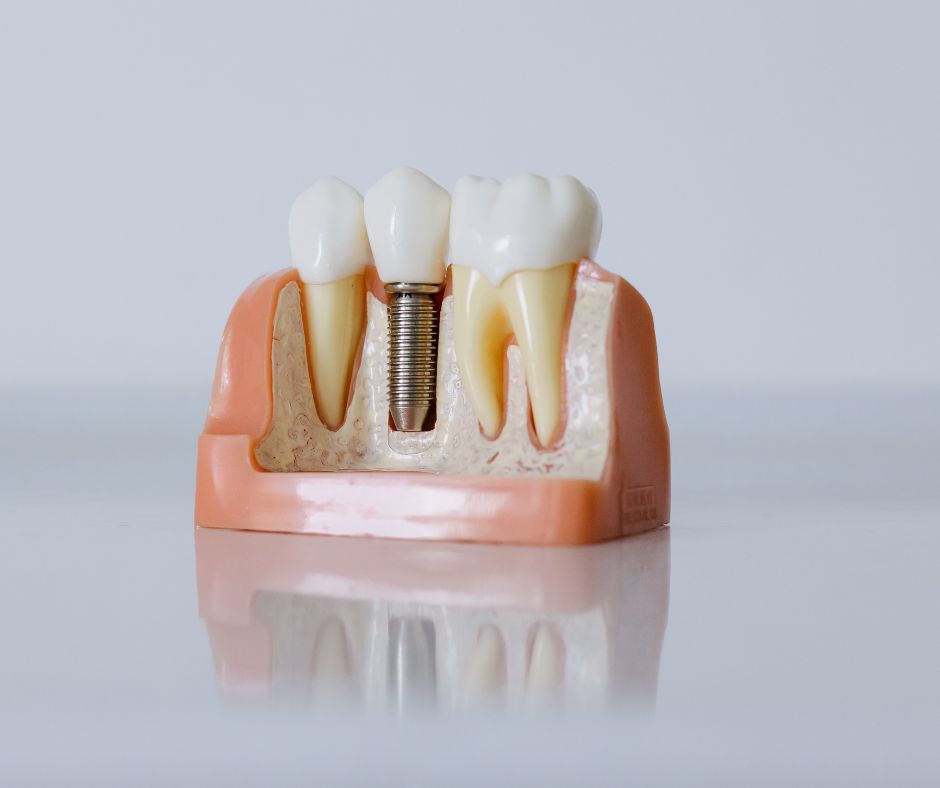
Is It Possible to Have Magnetic Dentures?
Have you ever wondered what it would be like to have teeth that stayed out all the time, giving you a perfect Hollywood smile? Well, nowadays there is a way to do just that — magnetic dentures! Magnetic dentures are becoming increasingly popular in dental clinics around the world as an alternative solution for patients who want stronger and more reliable dentures. But just how practical are they? Can they really stand up to the rigors of daily life or will they give out when faced with crunchy foods and drinks like hot coffee? Let’s take a look at how magnetic dentures work and why some people find them so attractive.
Magnetic Dentures: The Basics
Magnetic dentures are a special type of implant overdentures that utilize magnets at the junction of the implant with the overdenture to secure the denture into place. Usually, there are two or more implants employing the same magnetic system for a single denture.
The connection consists of two magnets of opposing poles: a one-piece magnetic implant abutment screwed directly onto the dental implant and a magnet polymerized within the removable denture base. The magic happens when the magnets come into contact with one another, causing the denture to become secure.
The Procedure
Much like all implant-supported dentures, titanium dental implants are surgically placed within the jawbone in selected locations and allowed to integrate with the bone for four to six months before a final denture is created that contains the special attachments that connect the removable denture to the implants.
The difference is that magnetic dentures utilize magnetized denture abutments screwed to the top of the implants that align with oppositely-charged magnets within the base of the denture. These magnetic forces allow the denture to lock into the correct position with every insertion.
Who Can Get Magnetic Dentures?
Anyone who wears implant-supported dentures can be a candidate for magnetic dentures. Dentures with magnetic attachments are especially beneficial for elderly patients with poor eyesight, for those who have problems with dexterity, or for patients with health issues such as arthritis who have difficulty overcoming the friction associated with standard mechanical-type locator attachments to remove their dentures for cleaning.
Benefits
Magnetic denture attachments offer a number of advantages over traditional stabilization methods. But don’t insist on using this method until you understand the pros and the cons. A qualified implant dentist will discuss the results that you can expect with the various denture stabilization technologies at your disposal. First, let’s mention some of the benefits that magnetic dentures offer.
- Easy to Clean
Because there are no housings or abutment attachments with exposed nooks and crannies to collect debris, daily denture cleaning is managed using only liquid soap and water placed on a denture brush.
- No Parts to Wear Out
Since there are no rubber rings or flexible attachments located within the denture base, there are no parts to wear out over time, saving on maintenance costs.
- Ease of Insertion
Most implant dentures utilize locator attachments to secure the denture to the implant. These sometimes become a place where fine particles of debris hide, making the denture not line up or snap into place correctly. The self-aligning feature of magnetic implant dentures allows them to slide into their correct orientation and position every time.
Considerations
Along with the many benefits that magnetic dentures offer, no denture attachment system is perfect. Therefore, we must mention some of the things that are important to consider before making a final decision.
- Surgical Intervention
Implant placement can truly be life-changing. While better denture stability, added comfort, and improved nutrition are big benefits to many elderly denture wearers, not every patient is an appropriate candidate for dental implant placement surgery.
- Inadequate Bone Density
Some patients, particularly those who have worn dentures for decades, may no longer possess adequate bone height or width to place dental implants securely within a stable jawbone. There are bone grafting solutions available which, unfortunately, can add to the time involved and the total cost of treatment.
- Metal Components
Although most magnetic denture systems have magnetized metal enclosed within a capsule, some systems do contain trace amounts of nickel that can cause a tissue reaction for certain patients. Some magnets are enclosed within a stainless-steel body or are coated with an inert ceramic material to limit nickel exposure and improve the resistance to abrasion and corrosion.
